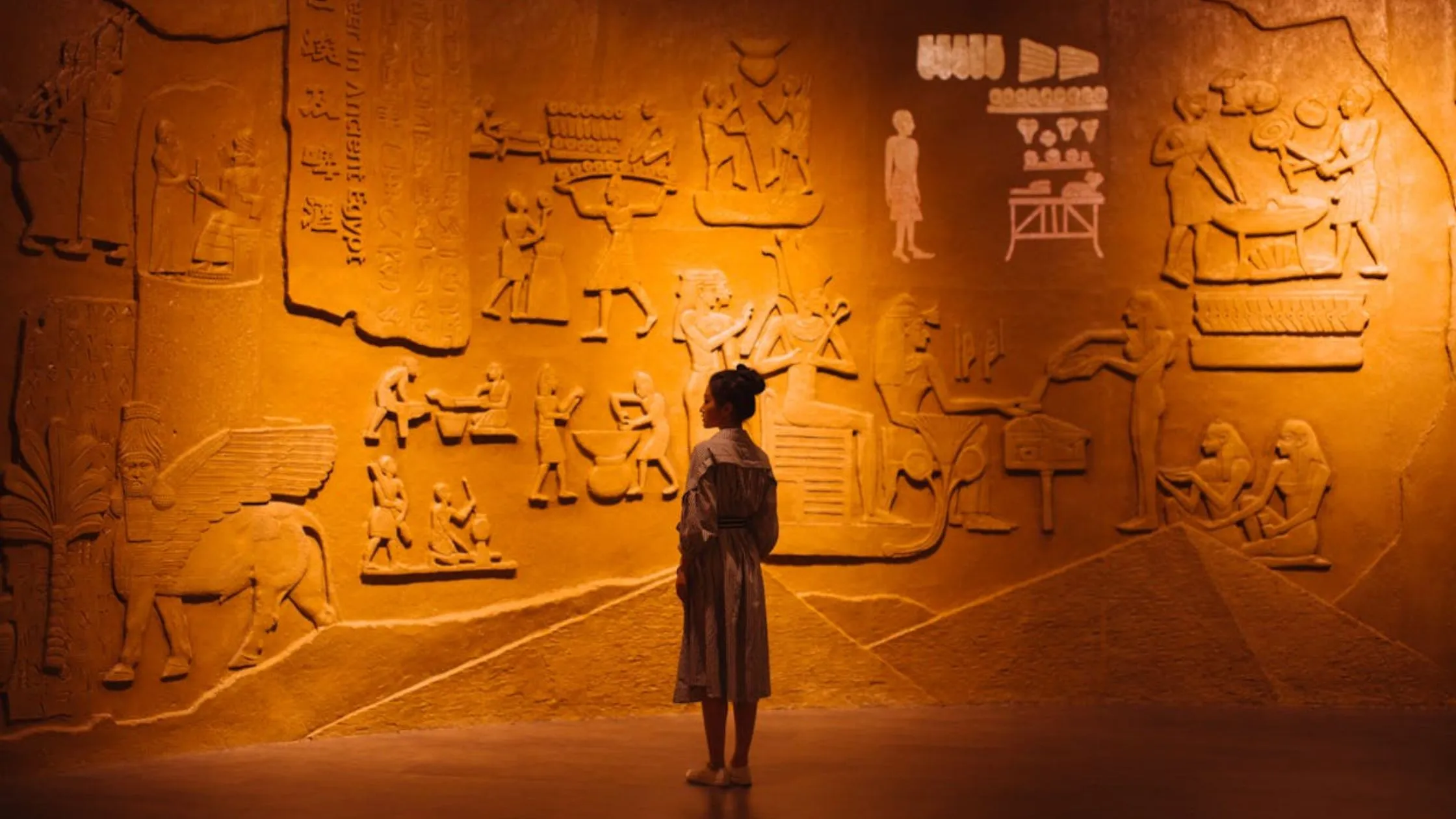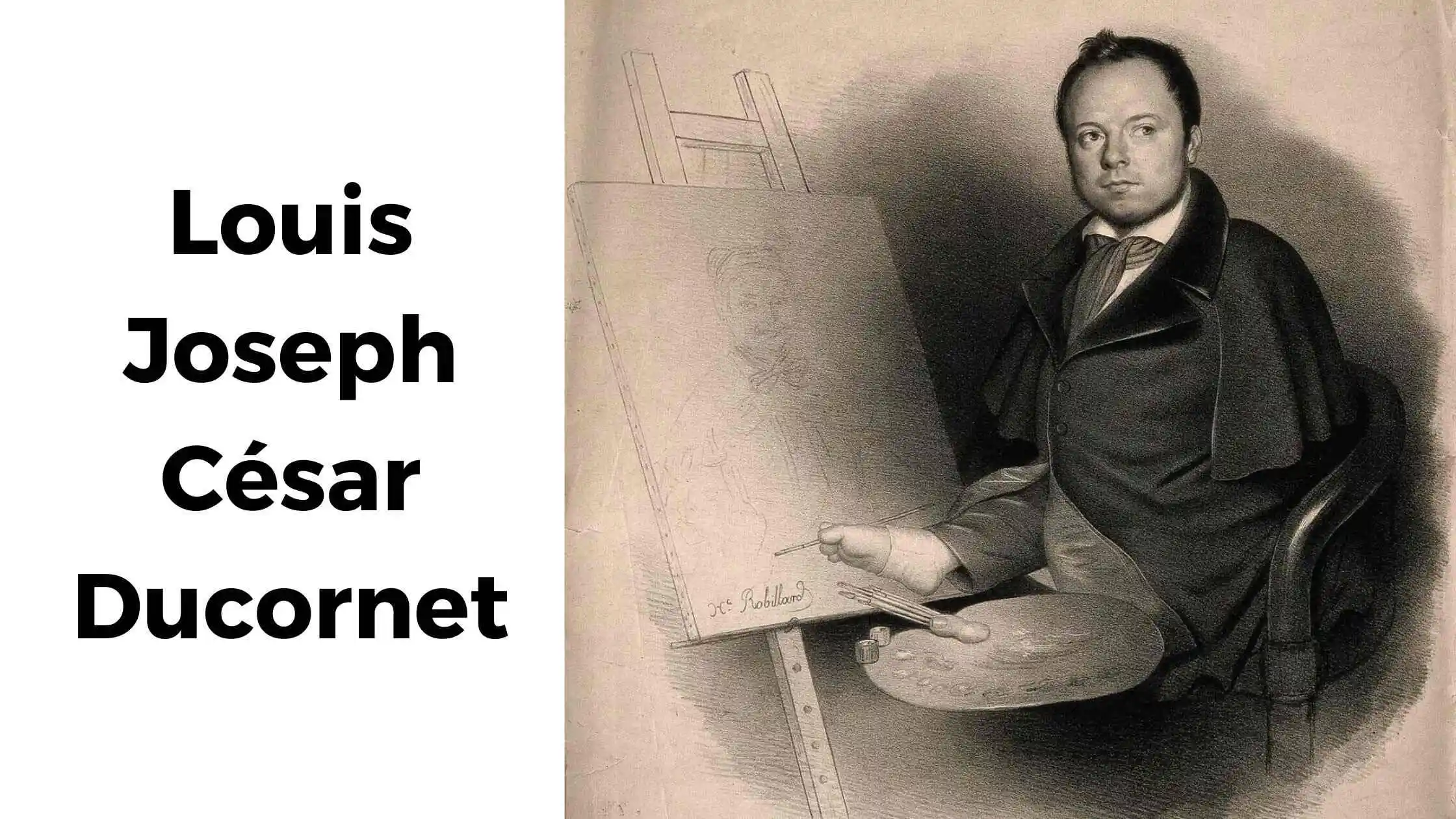Among the most important people in the annals of Deaf rights and activism is Ferdinand Berthier. Born in France in 1803, Berthier grew to be a major player in determining Deaf education and acknowledging Deaf people as active members of society. The Deaf community as well as society at large were permanently changed by his lifetime commitment to improving Deaf culture and advocating Deaf rights.
Berthier’s Early Life and Deaf Education
Born Deaf, Ferdinand Berthier had the rare chance to attend the innovative institution founded by Abbé de l’Épée, the Institution Nationale des Sourds-Muets in Paris. Under the direction of eminent Deaf teachers like Roch-Ambroise Auguste Bébian, Berthier excelled in his studies and demonstrated that Deaf people may reach intellectual heights matched to those of hearing colleagues. His study at this university not only helped him to develop academically but also set the groundwork for his future as an advocate and teacher.
Early exposure to a disciplined Deaf learning environment drove Ferdinand’s ambition to raise the standard of instruction for Deaf people throughout France. He saw that education served not only as a weapon for personal emancipation but also as a method of promoting more general rights and acceptance of Deaf people in society.
A Champion of Deaf Culture and Language

Unyielding advocacy of Deaf culture and French Sign Language (LSF) by Ferdinand Berthier was one of his most important gifts to the Deaf community Sign languages were still stigmatised in the early 19th century; many teachers preferred oralism, a technique that gave Deaf people their priority in learning to lip-read and talk instead of sign. Berthier objected to this strategy and argued instead for the validity and significance of sign language as the Deaf people’s native language.
Using his publications, public presentations, and partnerships with other Deaf leaders, Berthier helped change public view of sign language from being seen as a primitive method of communication to a fully developed language with own syntax and structure. His relentless campaigns to support LSF helped to preserve the language and raise its profile in society and educational environments.
Founding the First Deaf Congress
The leadership of Ferdinand Berthier went beyond the classroom to include political action. Bringing together Deaf leaders, teachers, and sympathisers from all throughout Europe, he arranged the first-ever international convention for Deaf people in 1834. Held in Paris, this innovative event gave a forum for Deaf community issues, views on Deaf education, and celebration of Deaf culture to be discussed.
The conference established a venue for exchanging ideas and tactics as well as a feeling of unity among Deaf people, therefore transforming Deaf advocacy. Berthier’s capacity to unify people behind the shared cause of Deaf rights revealed his vision for a day when Deaf people may actively participate in determining their own futures.
A Lifelong Commitment to Deaf Rights
Over time, Ferdinand Berthier’s commitment to furthering the Deaf community’s rights did not wain. Being well-known in both Deaf education and activism, he always battled for the integration of Deaf people into public life and for their rights preservation. His advocacy also included making sure Deaf people had access to the same educational resources as hearing people and career chances.
Berthier received the Legion of Honour, France’s highest civil decoration, for his efforts in advancing Deaf education and rights, therefore acknowledging his services during his lifetime. This respect not only honoured Berthier but also signalled a wider appreciation of the worth of the Deaf population inside society.
The Legacy of Ferdinand Berthier
Today, Ferdinand Berthier is regarded as a fundamental player in Deaf history as his writings helped shape contemporary movements calling for Deaf rights. Deaf activists and teachers all over continue to be inspired by his demands on the acceptance of Deaf culture, the preservation of sign language, and the right to easily available education.
The ongoing worldwide initiatives to progress Deaf rights clearly show Berthier’s legacy. His support of the validity of sign language and the value of Deaf culture prepared next generations to fight for equal rights, accessibility, and representation. His work reminds us that, for underprivileged groups, lobbying is a group effort rather than a one-person endeavour that may turn history around.
Conclusion: Ferdinand Berthier’s Enduring Impact
The continuous struggle for Deaf rights still finds resonance in the life and works of Ferdinand Berthier. His support of language preservation, culture, and education set him out as a trailblazer changing society’s perceptions and interactions with the Deaf population. Berthier’s legacy reminds us constantly that a fair and good society depends on inclusion, respect, and equal rights—not only values but also necessary bases.
FAQs
Who was Ferdinand Berthier?
Deaf French educator, activist, and pioneer Ferdinand Berthier supported Deaf rights, education, and sign language advancement.
What was Ferdinand Berthier’s biggest contribution?
Among Berthier’s main accomplishments are support of Deaf education, planning of the first international Deaf congress, and encouragement of French Sign Language usage.
Why is Ferdinand Berthier important to Deaf history?
Deaf rights were advanced, sign language was preserved, and Deaf people were included into society thanks in great part to him.
What was Berthier’s stance on oralism?
Berthier argued against oralism and in favour of the Deaf people using sign language as their natural and basic language.
How did Berthier promote Deaf culture?
Through his publications, planning the Deaf congress, and support of sign language recognition, Berthier advanced Deaf culture.
Did Ferdinand Berthier receive any awards?
Indeed, Berthier’s efforts to Deaf education and activism brought him the highest civil decoration in France, the Legion of Honour.




